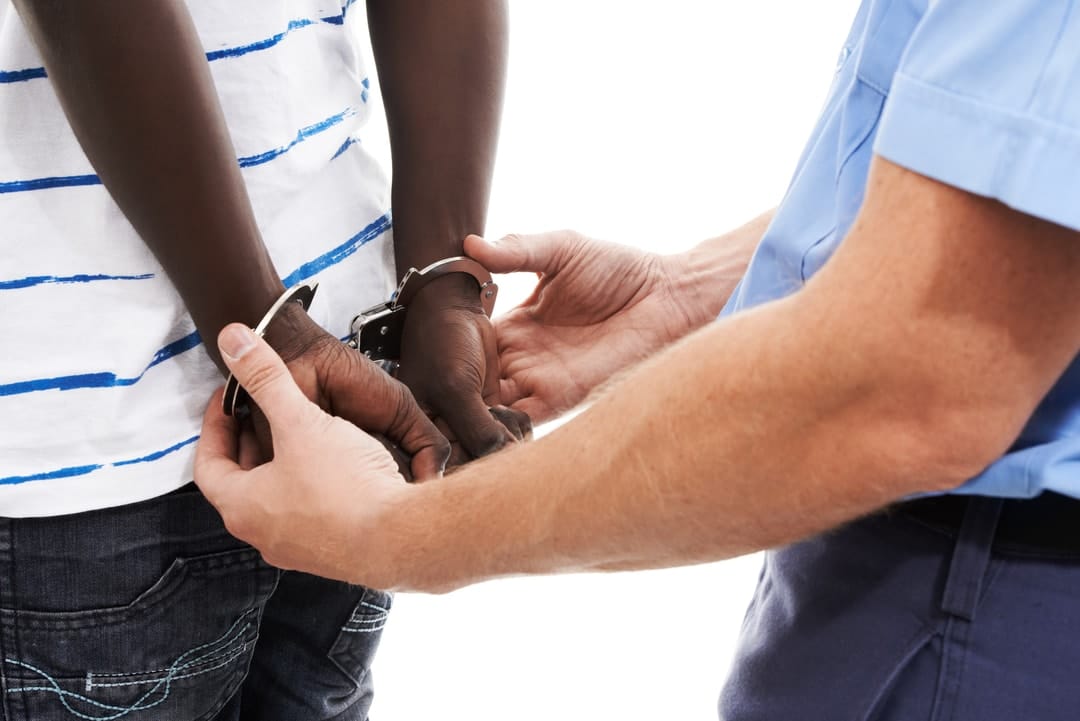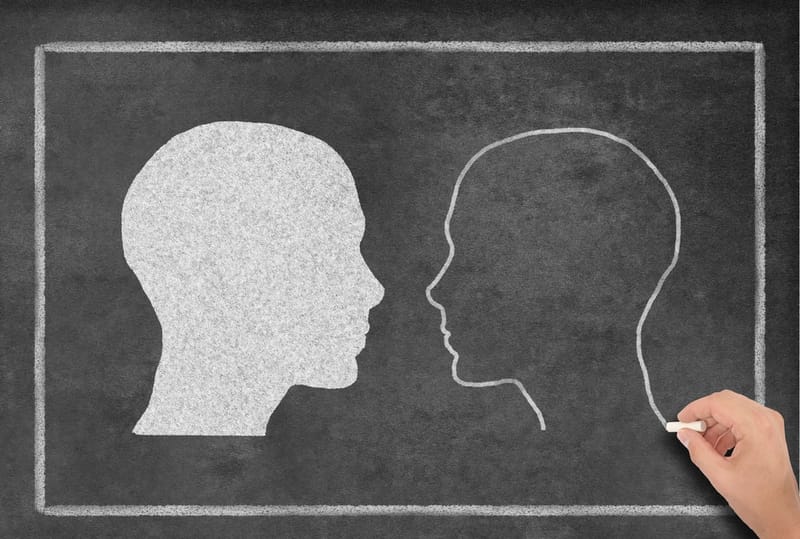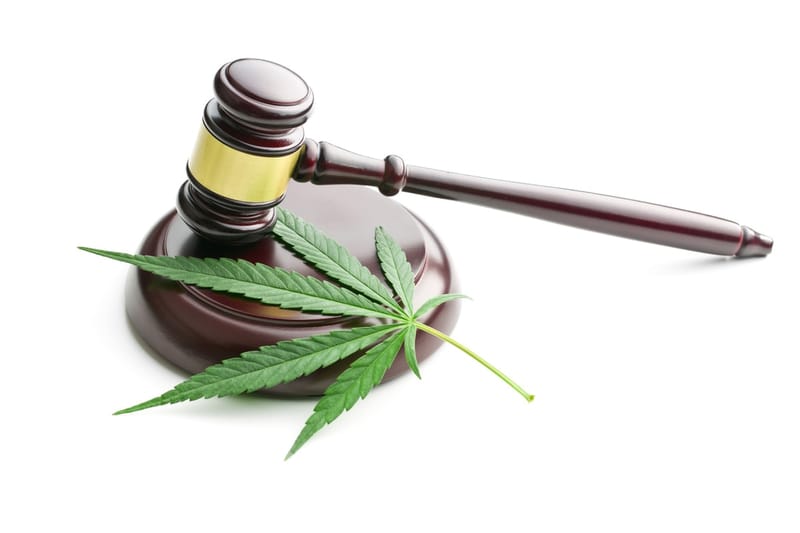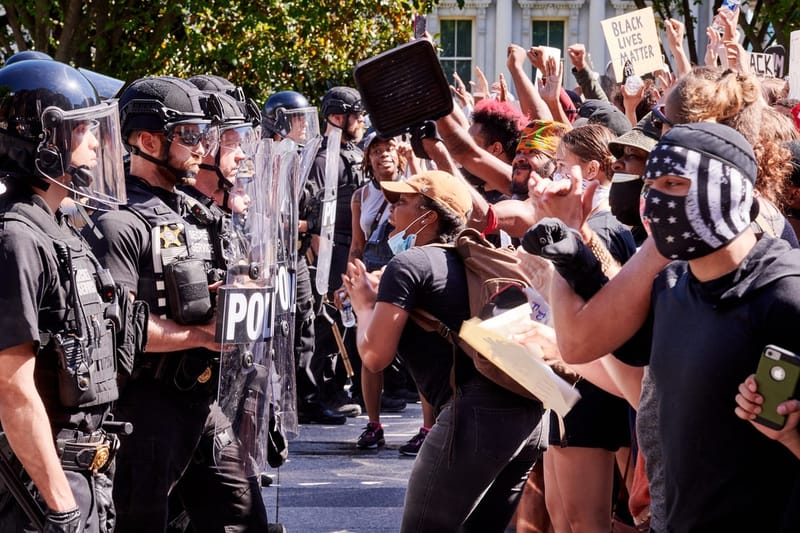
The persistent failure of governments around the world to address systemic racism and police violence has engendered deep distrust of police in many communities, and sparked widespread protests.
In Australia, First Nations activists have been at the forefront of Black Lives Matter protests and other efforts to "close the criminal justice gap".
Read more: Australia’s history is complex and confronting, and needs to be known, and owned, now
Australian police forces were brought into being to protect the interests of white settlers against the country’s first inhabitants whose lands and lives were being systematically taken away. This history has translated into contemporary patterns of over-policing and the world’s highest rate of incarceration.
Jude McCulloch argues that contemporary styles of policing divide communities into "those to be protected, and those seen as a threat", and that this boundary is often demarcated by race.
Read more: Racism, urban combat, and police militarisation in response to Black Lives Matter protests
While First Nations people have always been seen as a threat to settler society, other groups have been cast in that role more recently, making them objects of intensive policing.
The "African gangs" phenomenon, fuelled by irresponsible media reporting and divisive political rhetoric, is an example.
Police encounters and emerging communities
In a study I conducted in the southeast of Melbourne, examining the relationship between police encounters and belonging, young people of Pasifika and South Sudanese origin emerged as the non-Indigenous groups most likely to come to police attention. Altogether I spoke with about 80 participants, including young people, youth workers, and adult members of both communities.
Read more: Voices of reason: young South Sudanese Australians have their say
These discussions produced many examples of individual and systemic racism, and allegations of excessive use of force, which undermined the positive efforts at trust-building being made by specialist youth and community liaison officers within Victoria Police.
I asked research participants to recount both positive and negative experiences with police. Interactions were considered positive where police had listened, had explained their actions, been friendly, courteous or understanding, or had exercised discretion in the young person’s favour. This applied even when the young person admitted some wrongdoing.
But positive experiences were overwhelmed by far more numerous reports about unexplained stops, racial vilification, and other hostile, discriminatory or violent encounters.
Accounts of individual racism
Certain officers were considered to be particularly prone to hostile and openly racist behaviour. One young man who was in conflict with the law recounted a detective who would "chase" him around, hurling racist abuse, and threatening to "make your life a living hell". Another youth said he was asked during an arrest whether the handcuffs reminded him "of when you were back on the boat", had been punched, then told: "I’d hate to be your fucking colour, I’d hate to fucking be black." Another claimed that police often said: "You guys are aliens. You don’t belong here".
Read more: Unlocking the fear and myths around 'African gangs' in Melbourne
One young person described this harsh and exclusionary treatment as "the easy way to get up high in their career", suggesting that officers who behaved this way were rewarded. But racialised understandings of "how policing is done" can become embedded in routine practices without either direct instructions or deliberate rewards for targeting certain groups.
Reports of systemic discrimination
Almost all participants, including many not already known to police, reported being stopped on the street, or while driving, for no apparent reason.
A young South Sudanese Australian man explained:
"Police just come and hope they can find something wrong with your car, driving without a licence, etc. They find nothing and they just walk away and feel ashamed, but they don’t say why they stopped you."
In the absence of explanations, these interventions were attributed to institutional racism. One participant from a Pasifika background said:
"If I'm seen by the cops, I know I’ll be looked at in a certain way … they stereotype people."
A young South Sudanese Australian said:
"I don’t know why police are stopping me, just for being a black person."
Someone else recalled a police encounter that had happened to her friend, saying:
"It came out of nowhere; he’s not known to police. I think they picked on him because of his skin colour."
Although no statistics were produced from this study to "prove" that young people from these backgrounds are being stopped disproportionately, many participants reported being singled out within groups on the basis of their skin colour. One young person explained:
"They are doing their jobs; we understand that. But we get picked due to the colour of our skins. They looked bored. They don’t care about the white or Asian who is doing the same thing. They come straight to the black person.
Moreover, although Pasifika youths also reported high levels of police intervention, it was widely believed that an informal hierarchy was in operation, with young South Sudanese Australians at the "top". As one experienced youth worker explained:
"The Australian kids get walked past. [The police] go straight to the Sudanese, and then they just move them on and start, you know, harassing them … And then they went to our [Pasifika] kids. I said, ‘No leave them alone … You can have the white ones’. But they didn’t go near them. They just walked around them and carried on.'
Effects on police legitimacy and trust
While many young people had grievances about their personal treatment by police, all participants made well-balanced judgments about the reasonable limits of police powers, taking into account their law enforcement role.
One young South Sudanese Australian said:
"Their job is to arrest you, interview you, and charge you, right? They don’t need to assault you, swear at you, pepper-spray you."
Other young people cited examples of the use of pepper spray or batons they considered "unnecessary" or "excessive", or said that pepper spray should not be used at all.
There was a prevailing sense across both young and older participants that there was no way to change these practices, and no one to complain to.
One young person noted:
"What can I do about it? If I go try and complain about it I have to talk to another police officer’. An older participant had tried to raise her concerns with police but concluded: ‘They don’t care. No one cares’.
An older participant had tried to raise her concerns with police but concluded: "They don’t care. No one cares." This fuelled widespread perceptions that "you can’t change the police", and led people to "become defeated" and "lose hope". A South Sudanese Australian woman summed up this feeling by saying: "The police are good for some people, but not for us."
This pervasive distrust led community members of all ages to avoid contact with police wherever possible, both when out in public, and when they needed police services, as explained by this South Sudanese Australian participant:
"Police should be the one to be there for you. And then imagine if the police themselves are your worry … This is the problem with our young ones. So the police is a source of fear for them … They know the police is there, not for me. Not because they are criminals, not because they are doing something wrong. No. It’s just that the police doesn’t like me."
People don’t see what is happening
In line with the claims of the Black Lives Matter movement across the world, sections of the Pasifika and South Sudanese communities in southeastern Melbourne report experiences of individual and systemic racism, excessive use of force, and a sense that the police are not on their side.
As one participant noted: "People don’t see what’s happening here."
Research such as this offers a glimpse into what is happening from the perspective of heavily-policed groups. The next step is to take their experiences seriously, and commit to enact real change.
At the time of writing for Monash Lens, Leanne was an Associate Professor of Criminology, Co-Director of the Border Crossing Observatory ,and Australian Research Council Future Fellow in the School of Social Sciences.





